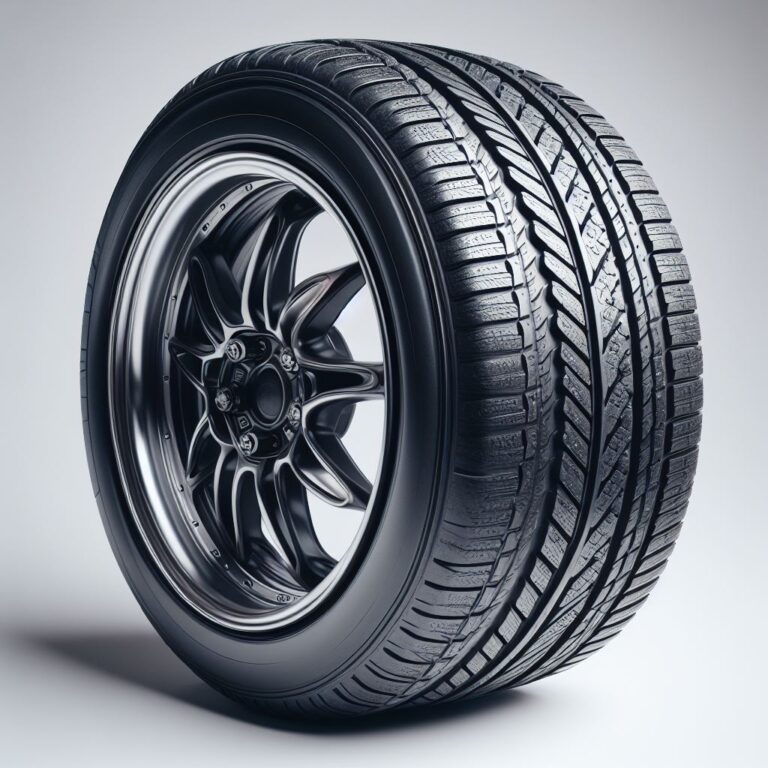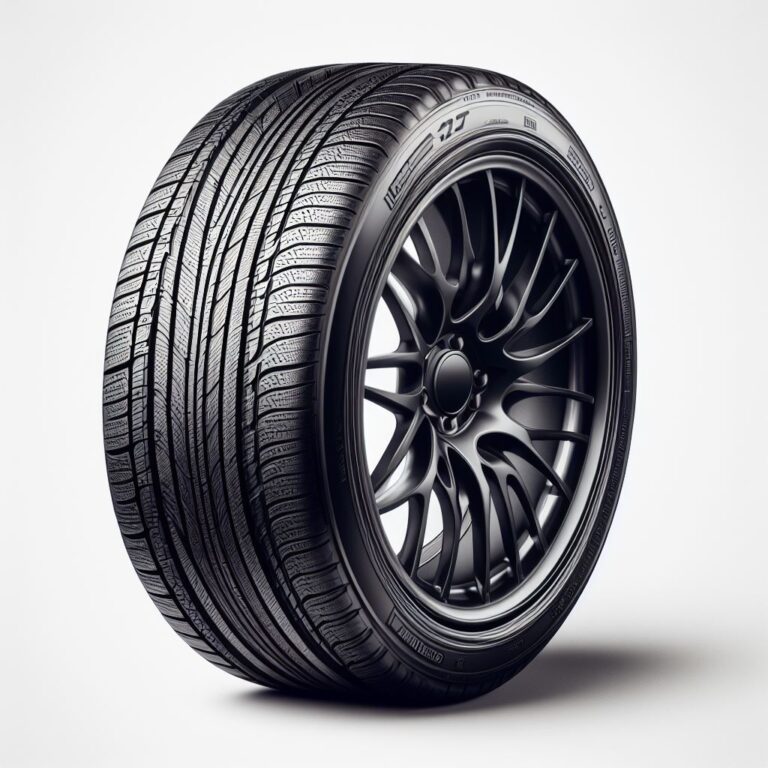How To Choose Hankook Dynapro HP2
- How To Choose Arctic Claw WXI - January 20, 2024
- How To Choose BFGoodrich Advantage Control All Season - January 20, 2024
- How To Choose BFGoodrich Winter T/A KSI - January 20, 2024

Examining Noise and Comfort: Considering the level of noise produced by the tires and the overall comfort they provide during your driving experience.
When it comes to choosing the right tires for your vehicle, it is essential to consider the level of noise they produce and the overall comfort they provide during your driving experience. The amount of noise generated by your tires can greatly impact your comfort while on the road. Noisy tires can be annoying and distracting, especially on long trips or during quiet moments. Therefore, it is important to opt for tires that are designed to minimize noise and provide a smooth and quiet ride.
In addition to noise, comfort is another crucial factor to consider. The level of comfort your tires provide can greatly influence your overall driving experience. Comfortable tires can help absorb road vibrations, providing you with a smooth and enjoyable ride. On the other hand, uncomfortable tires may transmit more of the road’s imperfections, making your journey less pleasant. Whether you’re commuting to work, embarking on a road trip, or simply running errands, having tires that offer a comfortable driving experience can make all the difference in your day-to-day travels.
Reviewing Fuel Efficiency: Taking into account the tire’s fuel efficiency rating, which can help save money on fuel costs
When considering which tires to purchase, one important factor to take into account is their fuel efficiency rating. The fuel efficiency rating of a tire refers to its ability to minimize rolling resistance and optimize fuel consumption. Tires with a higher fuel efficiency rating can help save money on fuel costs in the long run.
Tires that are designed to be fuel-efficient are constructed with specific tread patterns and materials that reduce rolling resistance. This means that less energy is required to move the tire, resulting in less fuel being consumed. By choosing tires with a higher fuel efficiency rating, drivers can potentially increase their vehicle’s fuel economy and spend less money on filling up their tanks. Additionally, improved fuel efficiency is not only beneficial for the driver’s wallet but also has a positive impact on the environment, as it reduces the carbon emissions associated with transportation.
What is the fuel efficiency rating of a tire?
The fuel efficiency rating of a tire indicates how well it can optimize fuel consumption. It is usually represented by a letter grade on a scale from A to G, with A being the most fuel-efficient and G being the least.
How does the fuel efficiency rating of a tire affect fuel costs?
Tires with higher fuel efficiency ratings can help reduce fuel consumption, saving you money on fuel costs in the long run. This is because they have lower rolling resistance, which means less energy is required to keep the tires moving.
Are all tires with the same fuel efficiency rating equally fuel-efficient?
No, even within the same fuel efficiency rating, there can be variations in fuel efficiency among different tire brands and models. It’s important to compare different tires within the same rating to find the most fuel-efficient option.
Can using fuel-efficient tires significantly reduce fuel costs?
While fuel-efficient tires can contribute to fuel savings, their impact alone may not be significant enough to drastically reduce fuel costs. However, when combined with other fuel-saving practices, such as maintaining proper tire pressure and practicing efficient driving habits, the overall fuel savings can add up.
Do fuel-efficient tires sacrifice performance or safety?
Not necessarily. Fuel-efficient tires are designed to balance fuel efficiency with other performance factors, such as traction and handling. Reputable tire manufacturers ensure that their fuel-efficient tires meet safety standards and provide adequate performance in various driving conditions.
Is it worth investing in fuel-efficient tires?
Investing in fuel-efficient tires can be beneficial if you drive frequently or cover long distances. Over time, the fuel savings can offset the higher initial cost of these tires. However, if you drive infrequently or primarily in urban areas with short distances, the impact on fuel costs may be minimal.
Are there any downsides to fuel-efficient tires?
One potential downside of fuel-efficient tires is that they may have a shorter tread life compared to tires with lower fuel efficiency ratings. This means they may need to be replaced more frequently. However, proper tire maintenance, such as regular rotations and alignments, can help extend their lifespan.






